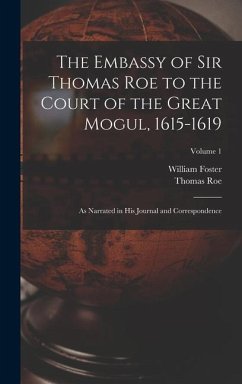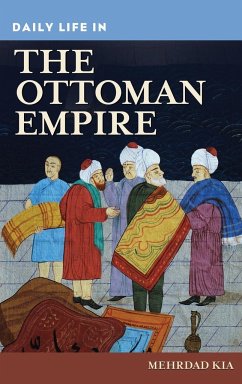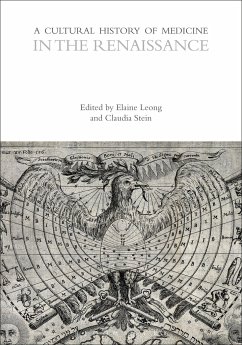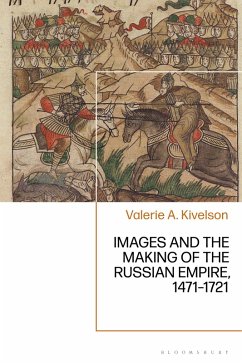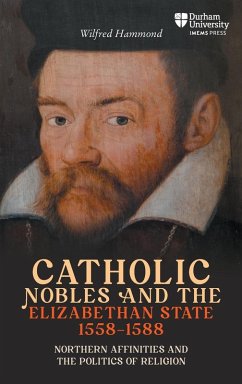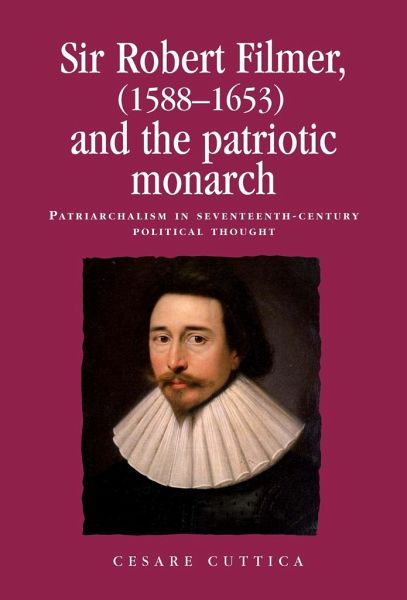
Sir Robert Filmer (1588-1653) and the Patriotic Monarch
Patriarchalism in Seventeenth-Century Political Thought
Versandkostenfrei!
Versandfertig in über 4 Wochen
128,99 €
inkl. MwSt.
Weitere Ausgaben:

PAYBACK Punkte
64 °P sammeln!
This book studies the patriarchalist theories of Sir Robert Filmer (1588-1653) in the context of early modern English and European political cultures. Making use of unexplored primary material and adopting an innovative contextual approach, Cuttica provides a long-overdue account of an often referred-to but largely misunderstood thinker. By focusing on Filmer's most important writing, Patriarcha (written in the 1620s-30s but published in 1680), this monograph rethinks some crucial issues in the reading of political history in the seventeenth century. Most importantly, it invites new reflection...
This book studies the patriarchalist theories of Sir Robert Filmer (1588-1653) in the context of early modern English and European political cultures. Making use of unexplored primary material and adopting an innovative contextual approach, Cuttica provides a long-overdue account of an often referred-to but largely misunderstood thinker. By focusing on Filmer's most important writing, Patriarcha (written in the 1620s-30s but published in 1680), this monograph rethinks some crucial issues in the reading of political history in the seventeenth century. Most importantly, it invites new reflections on the theory of patriarchalism and gives novel insights into the place of patriotism in the development of English political discourse and identity. Departing from the scholarly mainstream, Cuttica casts light on the following decisive questions: who was the "real biographical" Filmer? What do we know about the much commented upon but scarcely studied Patriarcha? What reasons urged Sir Robert to compose his writings? What targets did he choose to attack and why? What made Filmer similar or different from other monarchist thinkers in the Caroline reign? Why did Patriarcha find a vast audience in the 1680s? What is the political and argumentative value of patriarchalism? Did Filmer exclusively discuss political issues or did he formulate concepts on other relevant subjects debated within the republic of letters? Thanks to its originality in both approach and content, this volume will be of interest to historians of early modern England; scholars of political thought; political scientists; gender theorists; graduate, postgraduate and post-doctoral researchers in intellectual history and the aforementioned disciplines.





